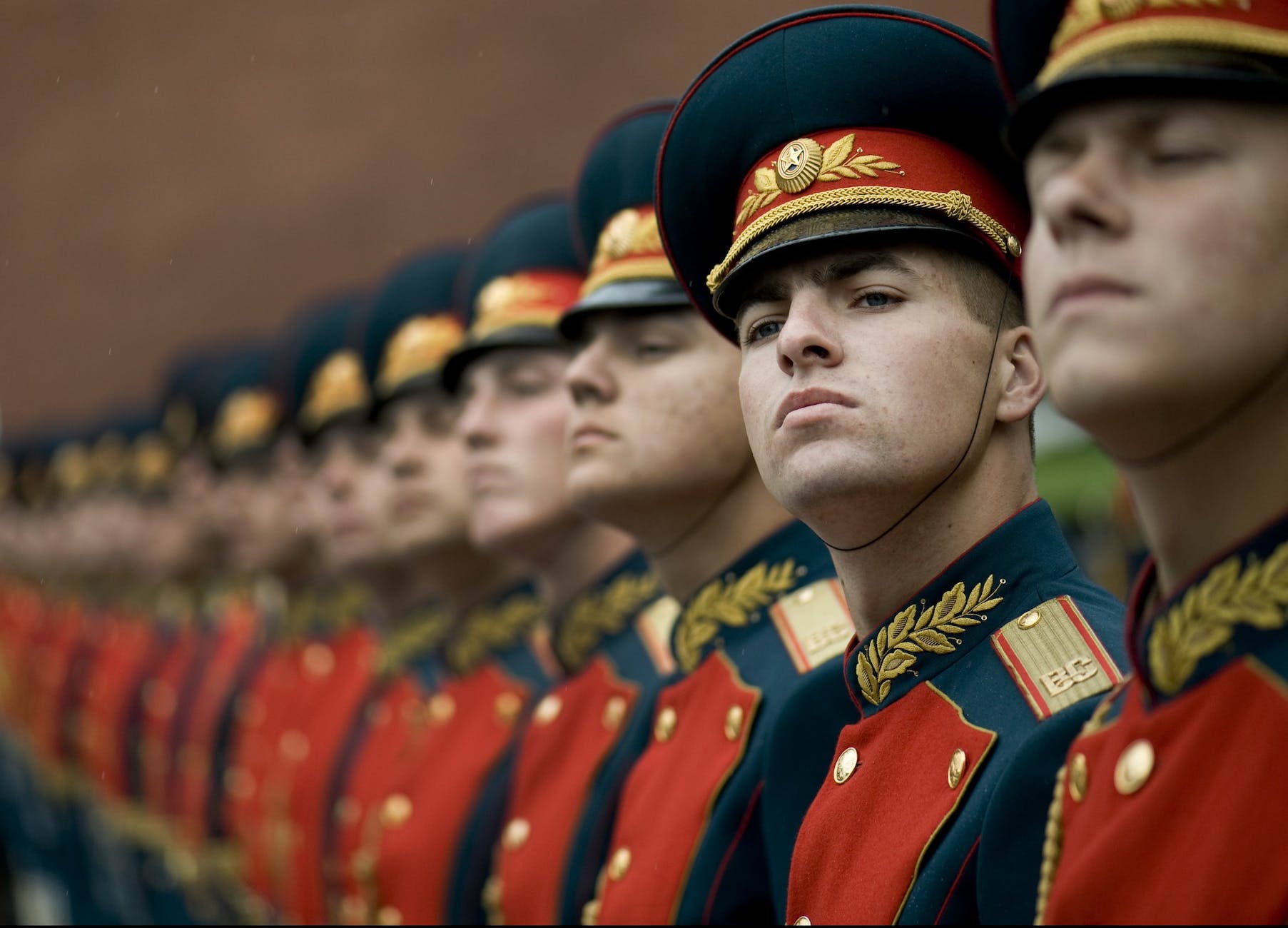9 May is known to Russians as Victory Day, a day that commemorates the Soviet victory against the Nazis; however, it is celebrated by countries to its west as Europe Day, a day that marks the anniversary of the Schuman Declaration. While in Russia the event is extremely patriotic, Europe Day celebrates continental peace and unity.
According to the EU official website: The Schuman Declaration was presented by French foreign minister Robert Schuman on 9 May 1950. It proposed the creation of a European Coal and Steel Community, whose members would pool coal and steel production.
The merging of economic interests, as predicted, helped prevent another war. The ECSC would evolve into the modern EU. Since the declaration was proposed on 9 May, Europe Day is celebrated accordingly.
Early on 9 May 1945 in Moscow, the Soviet government announced victory against the Nazis after the signing of the German Instrument of Surrender in Berlin.
Today in a 10-minute Victory Day speech, Vladimir Putin said that this year the celebration is a ‘turning point’ in the Russo-Ukrainian war. He accused the West of “Russophobia” and claimed that Russia only wanted a “peaceful” future. Ukrainian air defences downed 15 Russian cruise missiles last night alone and were thankful to be able to report no casualties.
His words were:
“A real war has been waged against our Motherland.” –
Putin attempted to link the struggles against Nazism to the Ukrainian invasion. He said that Russia was defending their sovereignty.
These two major events are clashing with each other: Europeans celebrating peace as they observe a conflict; and Russians celebrating their army as they attack a neighbouring country.
In this new conflict amidst others, will war or peace prevail?
By Raahil and Reece Y9
Carre’s Grammar School, Sleaford
